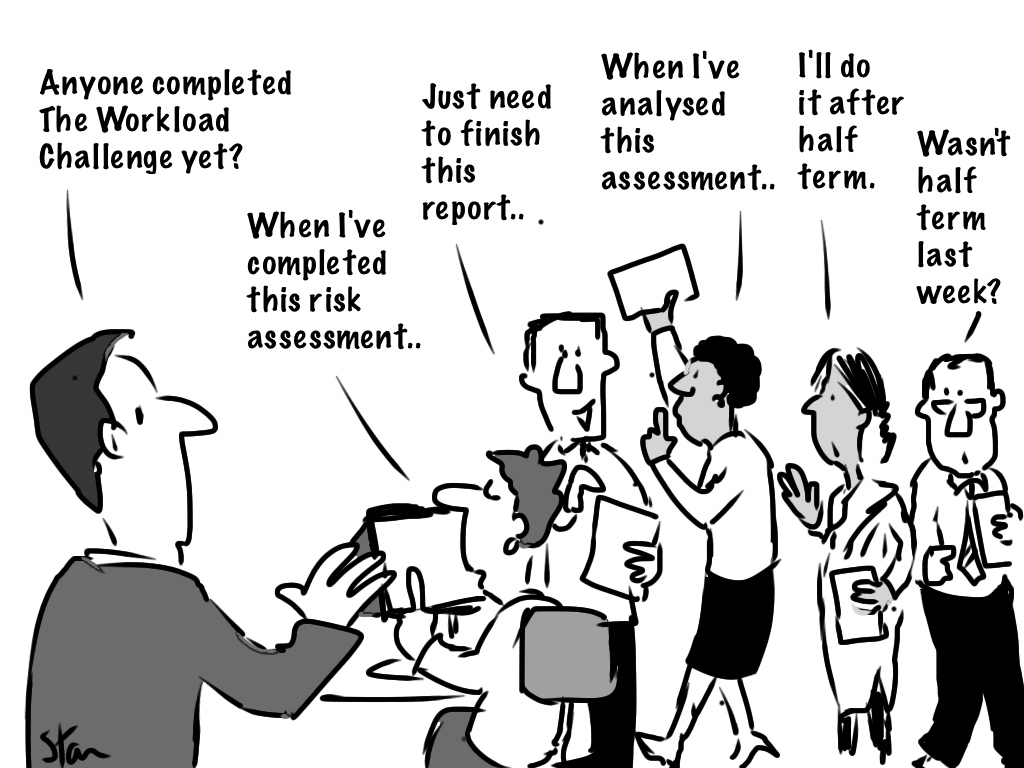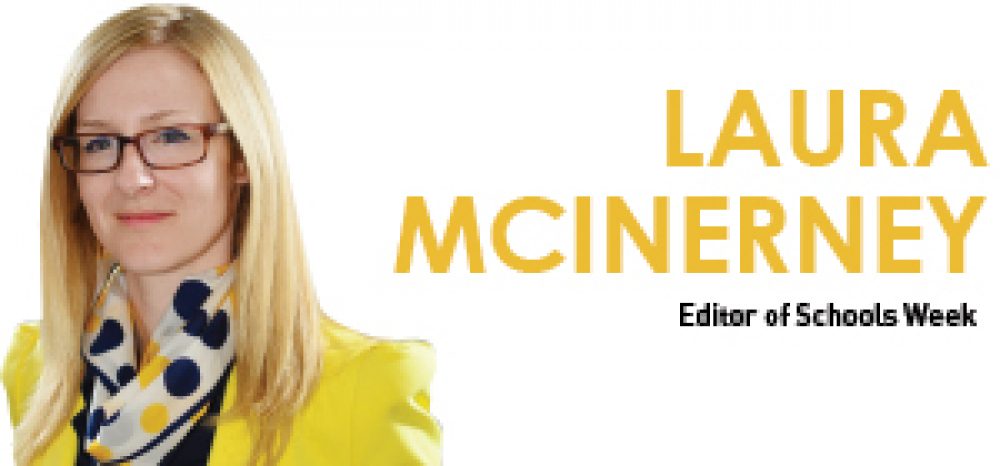After surveying 21,000 people and taking a year to mull over the results what did the groups tasked with reducing workload find?
The recommendations themselves cover three different areas – planning, marking, and data – and are mostly very weak. Lots of lines saying ‘should’ and ‘encourage’ but no real commitment.
Also, many of the recommendations are already followed by people in schools. For example, “teachers should consider the use of quality assured resources, such as textbooks or teacher guides” – this is something teachers will regularly be doing anyway.
But, hidden among the text and of each report, is a series of underlying principles that the authors believe can help reduce workload in planning, marking and data handling across all schools, regardless of context.
The theory is that if, when schools implement policies, they used these principles, then workload would decrease.
So, here they are, and our 1-page downloadable guide for sharing at meetings is at the bottom of the page.
The 5 Principles of Planning
1. Planning a sequence of lessons is more important than writing individual lesson plans
2. Fully resourced schemes of work should be in place for all teachers to use each term
3. Planning should not be done simply to please outside organisations
4. Planning should take place in purposeful and well defined blocks of time
5. Effective planning makes use of high quality resources

Marking: The 3 Ms
All marking should be…
Meaningful: marking varies by age group, subject, and what works best for the pupil and teacher in relation to a particular piece of work. Teachers should adjust their approach and be trusted to use outcomes in subsequent planning and teaching.
Manageable: marking should be proportionate and takes into account the frequency and complexity of written feedback, as well as the cost and time-effectiveness of marking in relation to the overall workload of teachers. This should be written into any assessment policy.
Motivating: Marking should help to motivate pupils to progress. This does not mean always writing in-depth comments or being universally positive: sometimes short, challenging comments or oral feedback are more effective. If the teacher is doing more work than their pupils, this can become a disincentive for pupils to accept challenges and take responsibility for improving their work.
Data: 3 Big Questions
1. Am I clear on the purpose? Why is this data being collected, and how will improve provision?
2. Is this the most efficient process? Have the workload implications been properly considered and is there a less burdensome way to collect, enter, analyse, interpret, and present the information?
3. Is the data valid? Does the data actually provide a reliable and defensible measure of educational attainment?
Download our one-page guide to the ‘Workload Principles’







When the DfE really wants something to happen they change exams, accountability thresholds or OFSTED frameworks. They use fear of failure and loss of career as a weapon. All of the above are the cause of the extra workload and the general negative impacts on English education. I don’t see how the reports have changed any of these key drivers of teacher workload.
Just like when Nicky Morgan tells teachers they are the best we have ever had, that they should have more power, and at the same time tells them to stop talking down the profession, we have mixed messages. The current government has totally lost the trust of the teaching profession, and for good reason. These reports will be seen as mere words. The government will claim they have solved the workload problem and teachers will continue to leave teaching.
Teachers simply don’t believe that ministers want to reduce their workload. Government today is all part of an English “Game of Thrones” and teachers are the enemy, totally dispensable, and in the way. Part of this game is to goad teachers into industrial action to alienate them with the public. So say one thing and mean the opposite is the golden rule.
Just as depressing the Labour party have just woken up to what is happening in schools, not because they have any concrete ideas on making education better, but because they can sense political capital could be won.